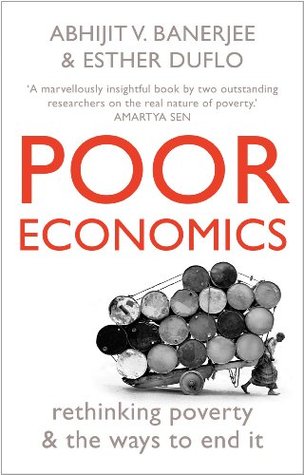Research in psychology has now been applied to a range of economic phenomena to show that we think about the present very differently from the way we think about the future (a notion referred to as “time inconsistency”).37 In the present, we are impulsive, governed in large part by emotions and immediate desire: Small losses of time (standing in line to get the child immunized) or petty discomforts (glutes that need to be woken up) that have to be endured right now feel much more unpleasant in the moment than when we think about them without a sense of immediacy (say, after a Christmas meal
...more
Welcome back. Just a moment while we sign you in to your Goodreads account.


